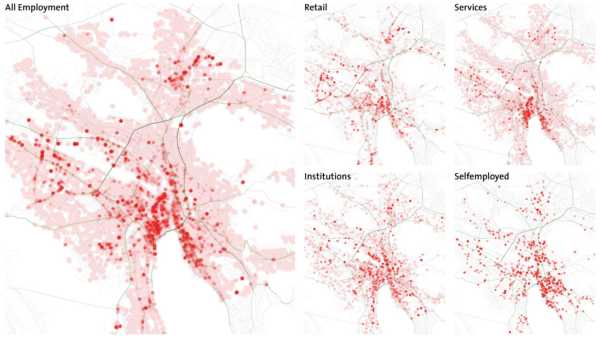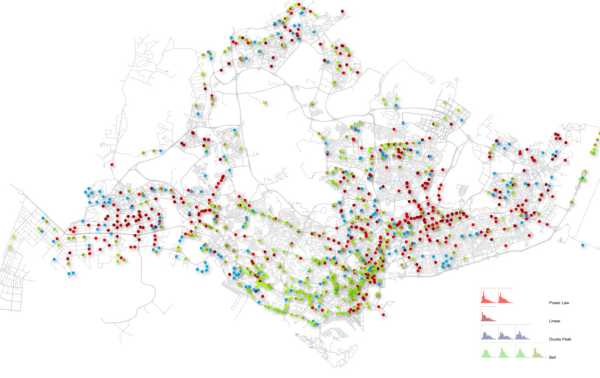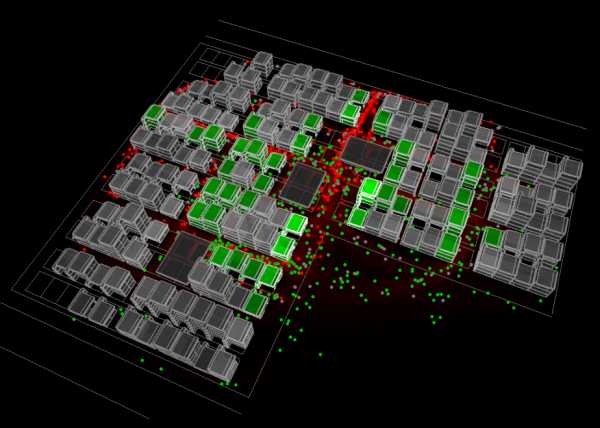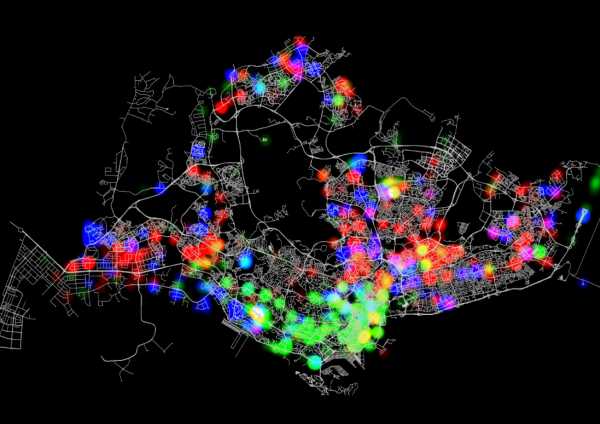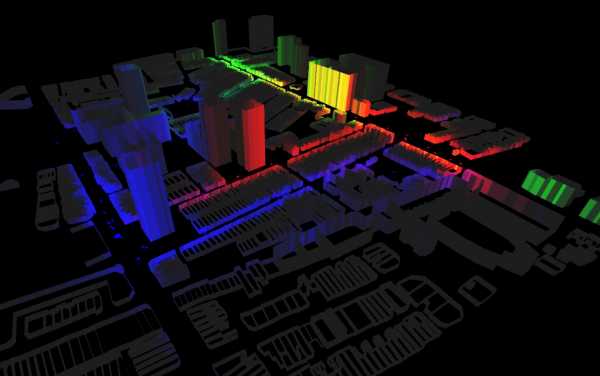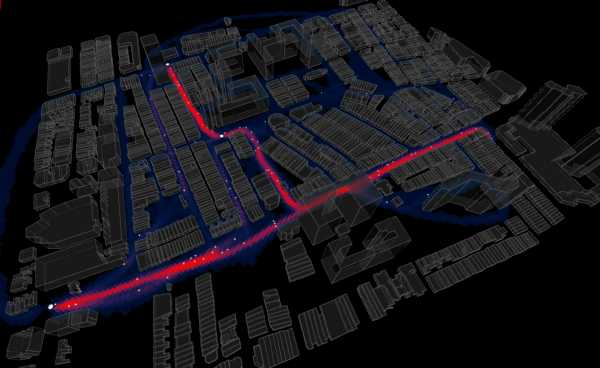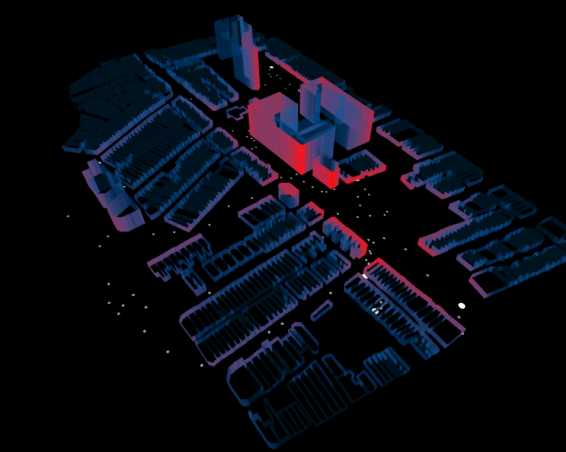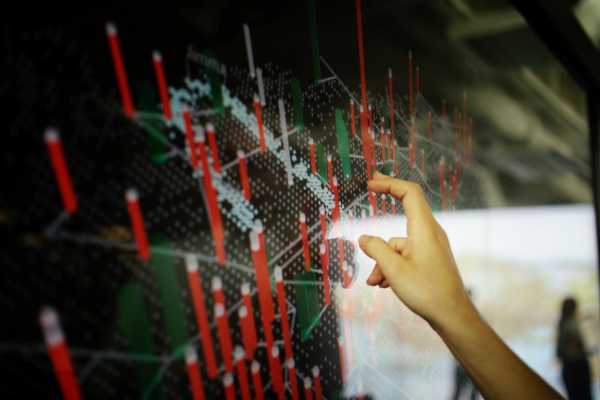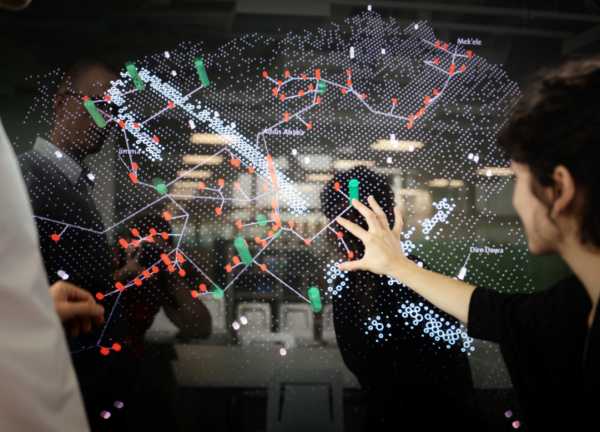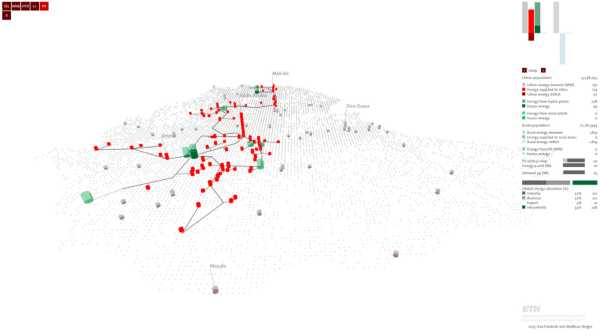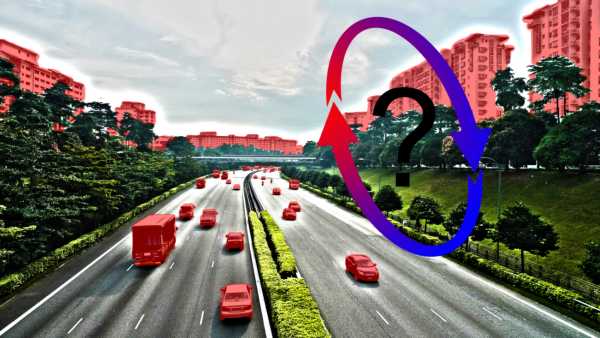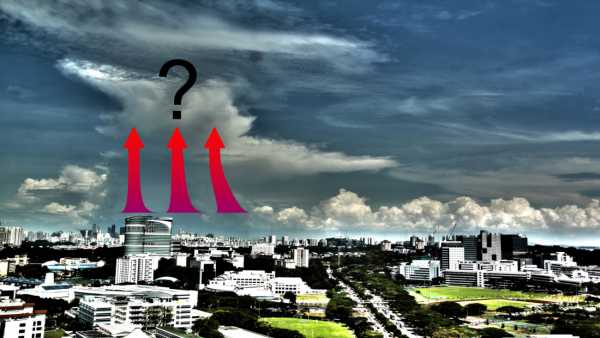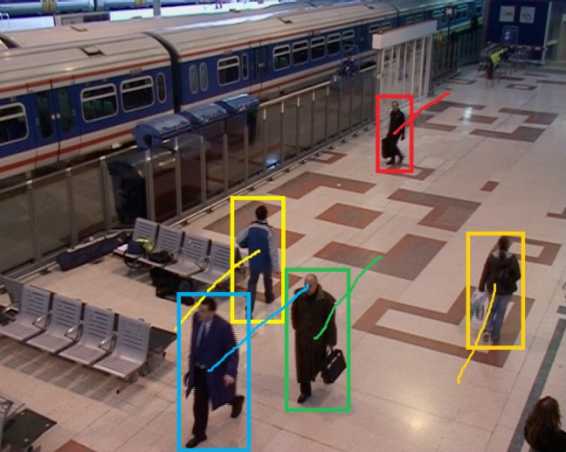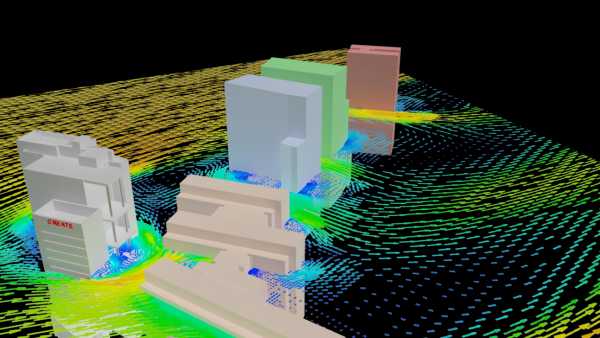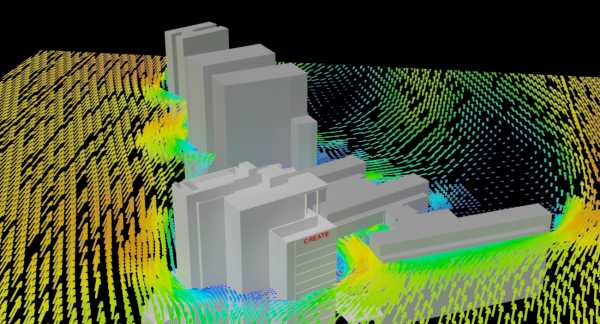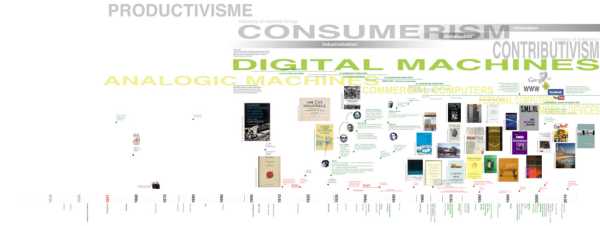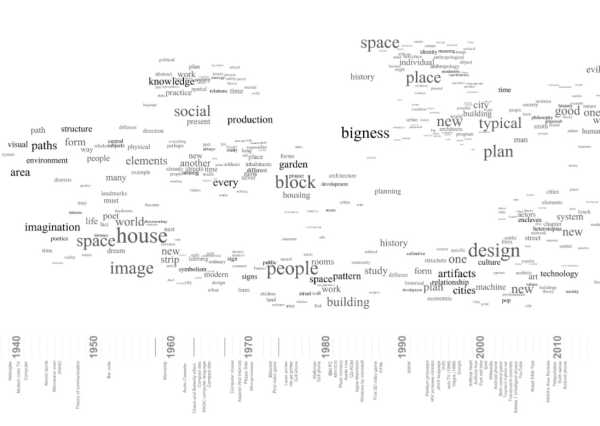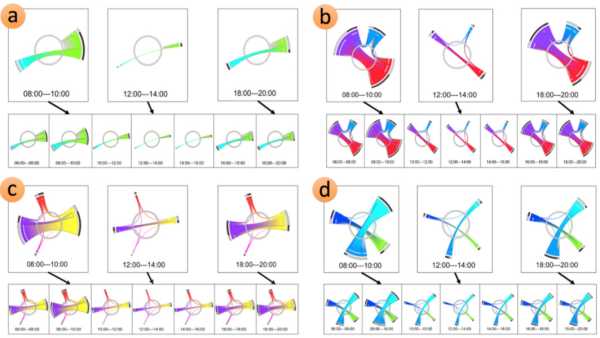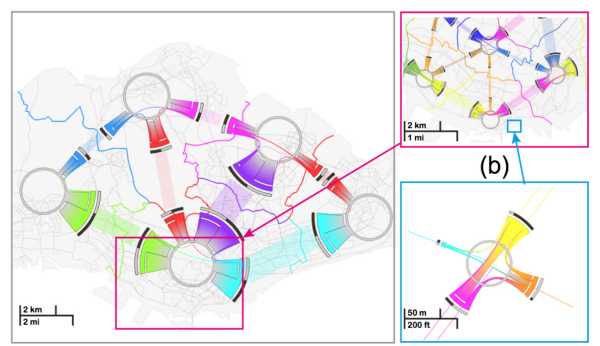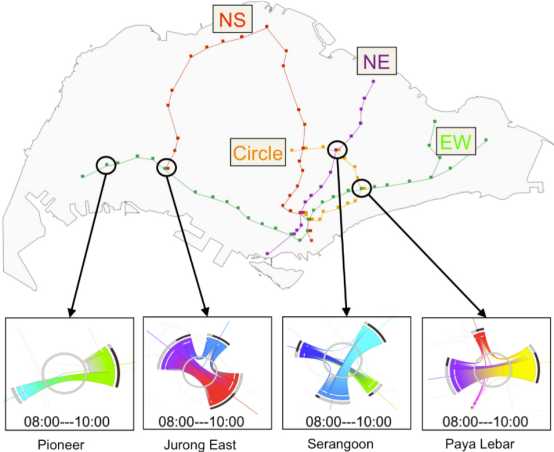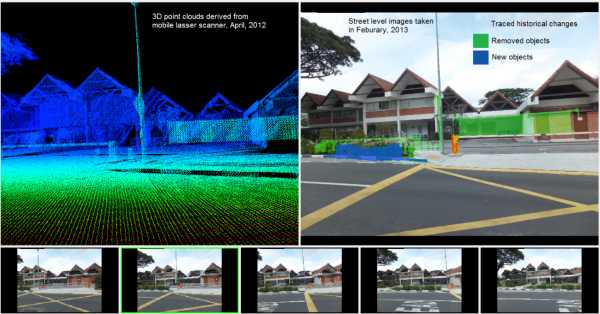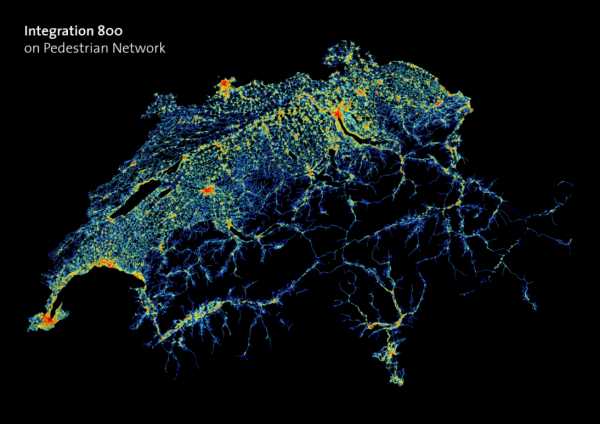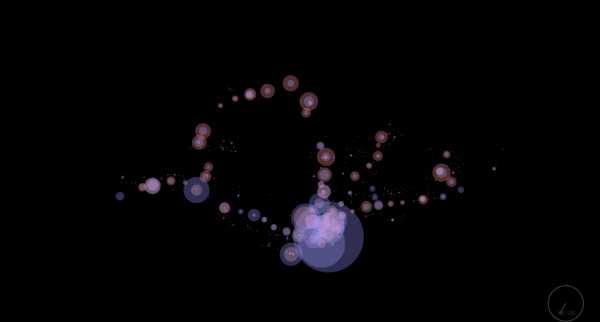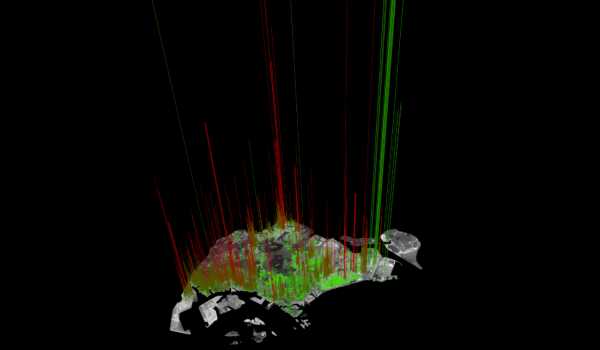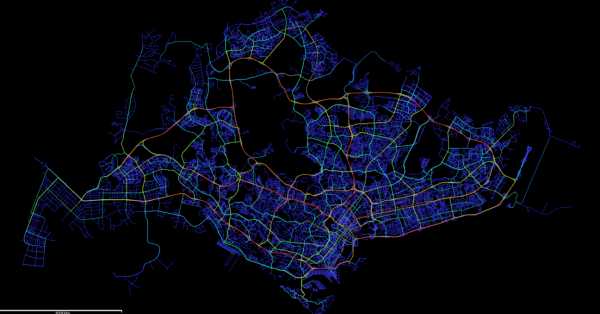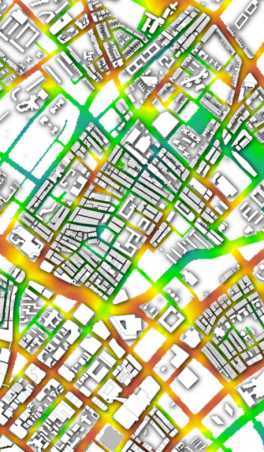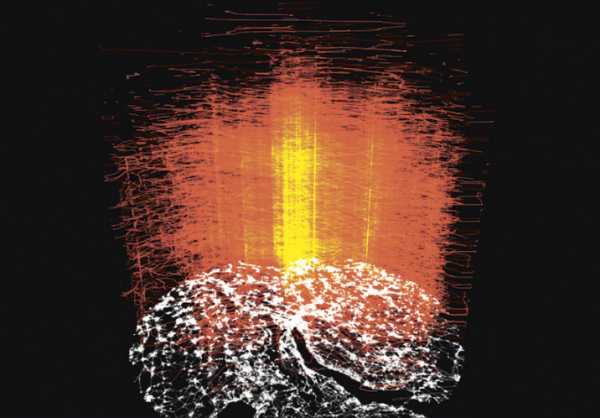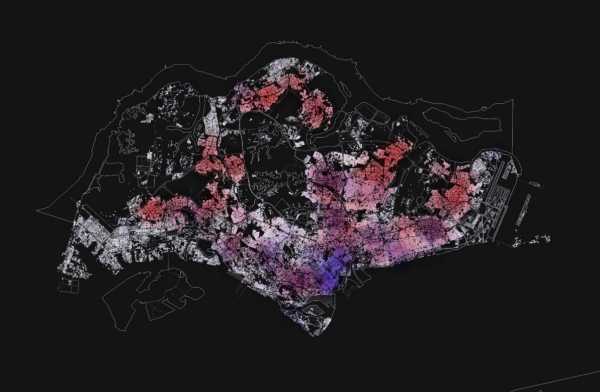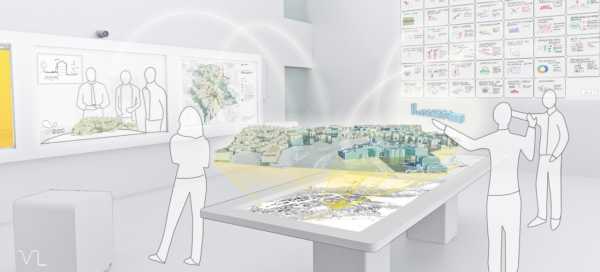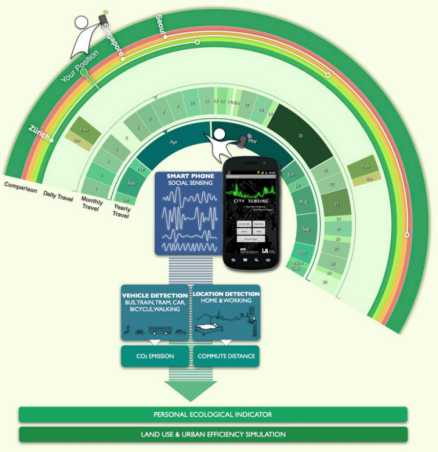Simulation Platform
Service and research for future planning environments: Informing design and decision-making processes with new techniques and approaches to data acquisition, information visualisation and simulation for urban sustainability
In science, simulations play a critical role in enhancing interactions between theory and experiments. In architecture, simulations function similarly through integrating important design, construction and life-cycle management activities. Moreover in urban planning, simulations are now indispensable for generating and analysing scenarios.
The role of simulation has recently been extended by a rapid growth in the availability of urban-related data. However, most current simulations are capable of representing and interacting with only a fraction of the available information. Addressing this shortcoming is not only a matter of generating appropriate computer power to process huge amounts of distributed data. Investigations involving advanced methodologies that activate live and dynamic data reveal that traditional software systems, such as GIS, are ill-equipped to exploit the potential.
This module includes investigations that examine strategies for maximising the utility of urban-related data. It investigates new techniques and instruments for data acquisition, organisation, retrieval, interaction, and visualisation. Techniques are proposed for designers, decision-makers and stakeholders to make use of data in innovative and dynamic ways. There are two types of actions.
Firstly, other research modules in the Future Cities Laboratory are supported by services such as data-acquisition methods and visualisation facilities. Secondly, original research is carried out on advanced modelling, visualisation and simulation techniques in order to enrich the complex decision-making processes that shape contemporary cities.
Simulation platform
